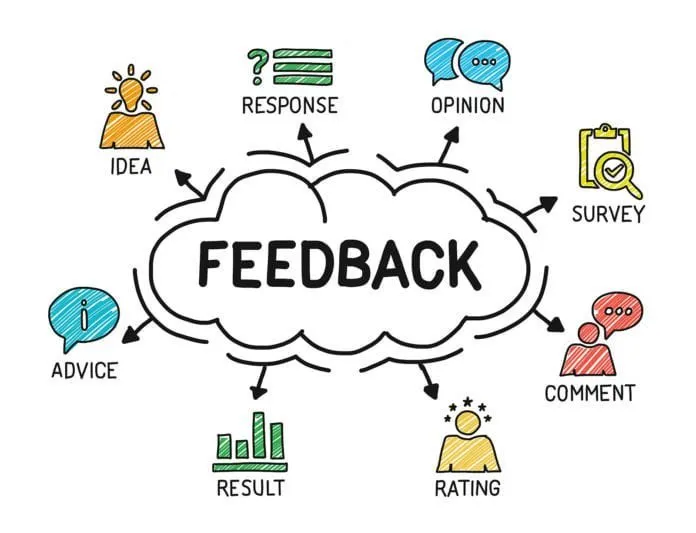All Americans have a civic right to protest and people on supervision face an increased risk of being arrested. Our local and state leaders need to do more to protect and expand rights for returning citizens.
The Center for Employment Opportunities stands in outrage over the murder of George Floyd, Breonna Taylor, Ahmaud Arbery, and the countless other Black men and women who’ve lost their lives to police brutality and racial violence. We strongly affirm Black Lives Matter. Our nation cannot move forward until our institutions and leaders come to terms with the fact that racism is a defining characteristic of our justice system.
From policing to sentencing to reentry, race dictates the system’s outcomes with tragic results. CEO sees this first-hand. We provide employment and training to individuals on probation or parole, of whom more than 75% are people of color nationally. In some CEO states, as many as 1 in 35 individuals are on probation or parole.
The very streets we ask our participants to travel and work are now being overly policed and in many cities have been militarized. This puts the lives of everyone who dares speak out at risk,
especially justice-involved individuals as officers are more aggressively pushing enforcement. Additionally, those who choose to protest face an increased risk of being arrested, and for those who are arrested, being on supervision would likely result in reincarceration.
This week we have sent a letter to local and state government officials across the country with the following concerns:
The response of local government to the widespread solidarity protests puts justice-involved individuals and other marginalized populations at increased risk. We serve people on probation and parole supervision who have been and continue to be impacted by a government’s response that overlooks the trauma, vulnerabilities and employment impacts of any engagement with law enforcement in the following ways:
- Increased policing and militarization of cities, particularly in communities of color: Justice-involved individuals are already at a high-risk of being arrested in over-policed communities, which has only been further exacerbated in recent weeks.
- Greater risks for arrests during protests: Though all Americans have a civic right to protest, people on supervision (parole or probation) face an increased risk of being arrested. For example, any person on parole is not only required to disclose contact with the police even if it does not result in arrest, if arrested at a protest they will likely be detained and possibly subject to a parole revocation hearing that could take weeks to conclude.
- Unequal enforcement of curfew laws: Essential workers, such as those in CEO’s transitional employment program, are having to travel to and from work that often falls outside of a curfew’s permitted hours. Meaning, someone who is under parole/probation supervision, already a vulnerable target by the criminal justice system is forced to make the impossible choice of how to get safely to and from work without issue. Additionally, the closing of public transit during curfew hours left workers scrambling to secure a means to travel to work, all with little to no notice.
We must do all that we can to change how the system perpetuates a cycle of injustice and in light of recent events and momentum around the country, we firmly believe the time for reform is now. Nothing can erase the hundreds of years of systemic discrimination and racism, but there are policies we can take to help build a new opportunities and provide long needed resources.
CEO will continue to fight for policies that remove unnecessary barriers to employment and reduce criminal justice system involvement. We are also focused on decarceration, reducing criminal justice fines and fees, and supervision reform. We see these priorities as integral to combating police violence and racial injustice in the criminal legal system.
Reduce the size and reach of the justice system
- Decarceration: Accelerate COVID-19 testing and release of people in prison and jail who pose little health or safety threat to the community.
- Supervision reform: Reduce the number of people on supervision faster and more effectively; reduce supervision sentences; eliminate incarceration for technical violations (which is behavior not related to a new conviction, such as an arrest or failed drug test), institute earned discharge credits for compliance, which incentivize participation in job training and other programming.
- Pre-trial and jail reform: Eliminate cash bail, increase opportunities for release, and reduce jail stays.
Reduce the economic burdens of justice involvement
- Eliminate justice-related debt. We should eliminate harmful administrative and other criminal justice fees placed on people who have served their sentence. Failure to pay a fine or a fee can often prevent an individual from obtaining a driver’s license, a necessary tool to obtain employment.
- Reform the child support system: Automatically suspend child support payments upon incarceration, eliminate interest payments that don’t go to the children and streamline the payment modification process.
- Remove unnecessary barriers to employment and occupational licensing restrictions for people with criminal convictions. These restrictions block people out of larger swaths of the economy. CEO is actively working to remove these restrictions across our states to make the economy more accessible to people with a previous conviction.
Invest in communities and services
- Reinvest in communities: Shift funding away from ineffective corrections responses and policing and instead focusing on building out opportunities and strengthening job training and employment services, the social safety-net, cash assistance programs, food assistance, education, healthcare, and housing.
- Leverage COVID-19 funding to support employment for justice involved people: Establish equitable COVID-19 responses that dedicates COVID-19 response funding (e.g. CDBG, Dislocated Worker Grants, Byrne Grants, Coronavirus relief funds) and policies towards Black and other impacted communities, including for reentry support and transitional jobs. Remove conviction-based restrictions associated with loans and other business relief.
CEO is the largest reentry employment provider. We serve over 5,000 justice-involved people across the country. We are uniquely positioned to ensure our participants’ voices are being heard and that their stories are informing policies that will combat the racial injustices deeply embedded in the local and state criminal justice systems and labor market.



